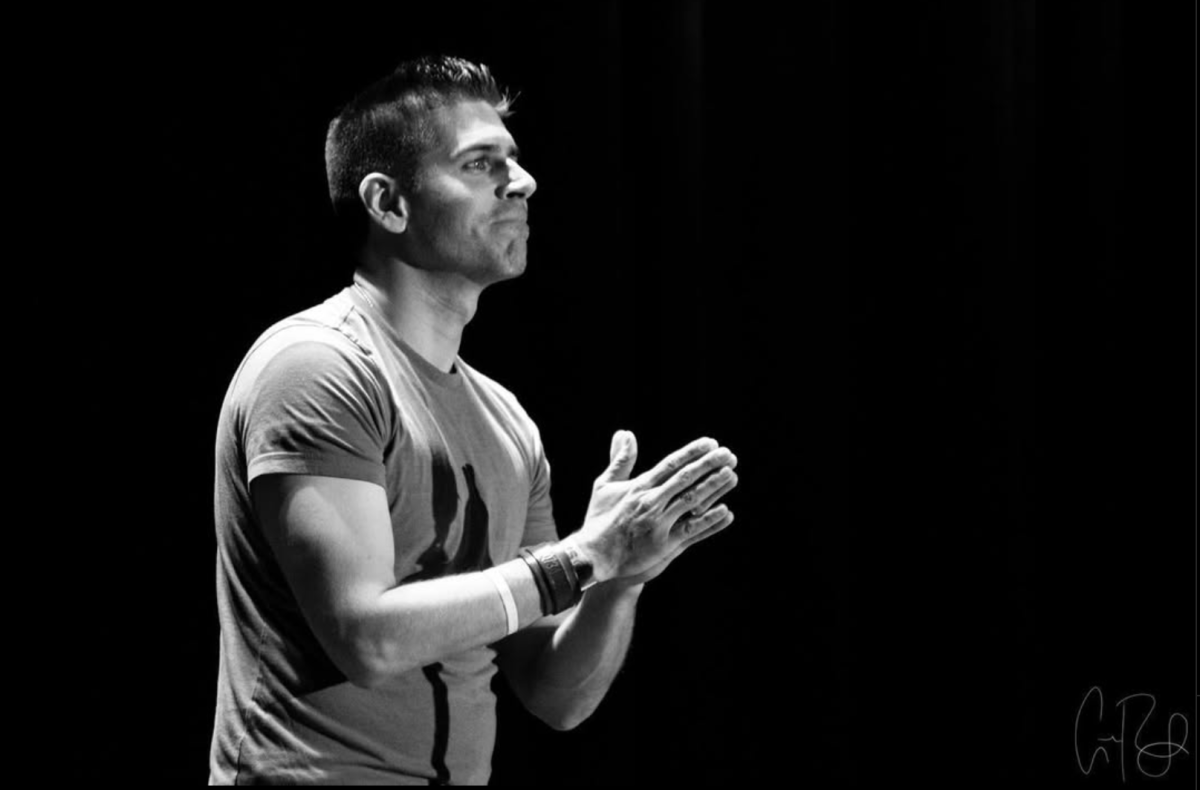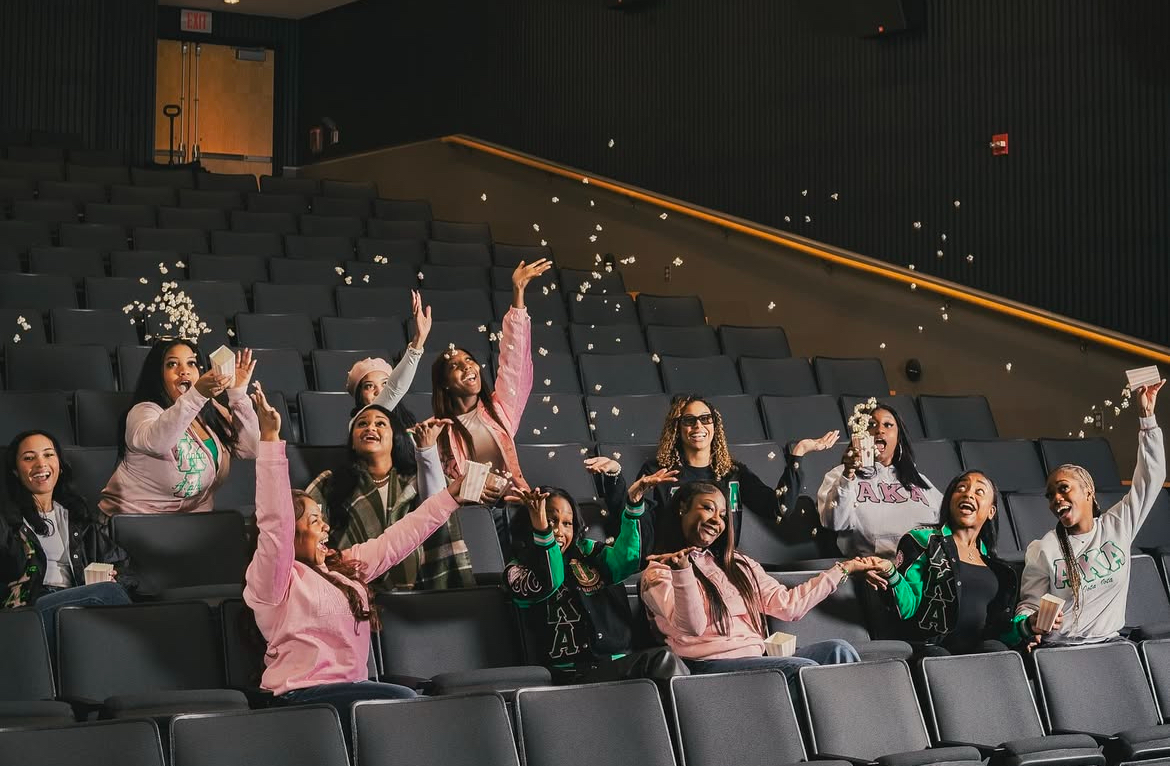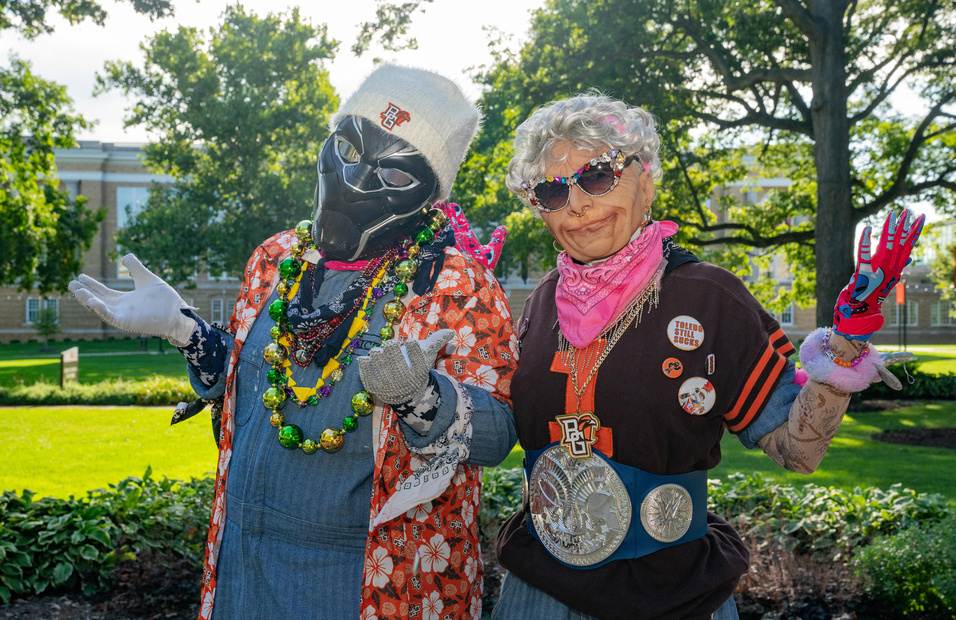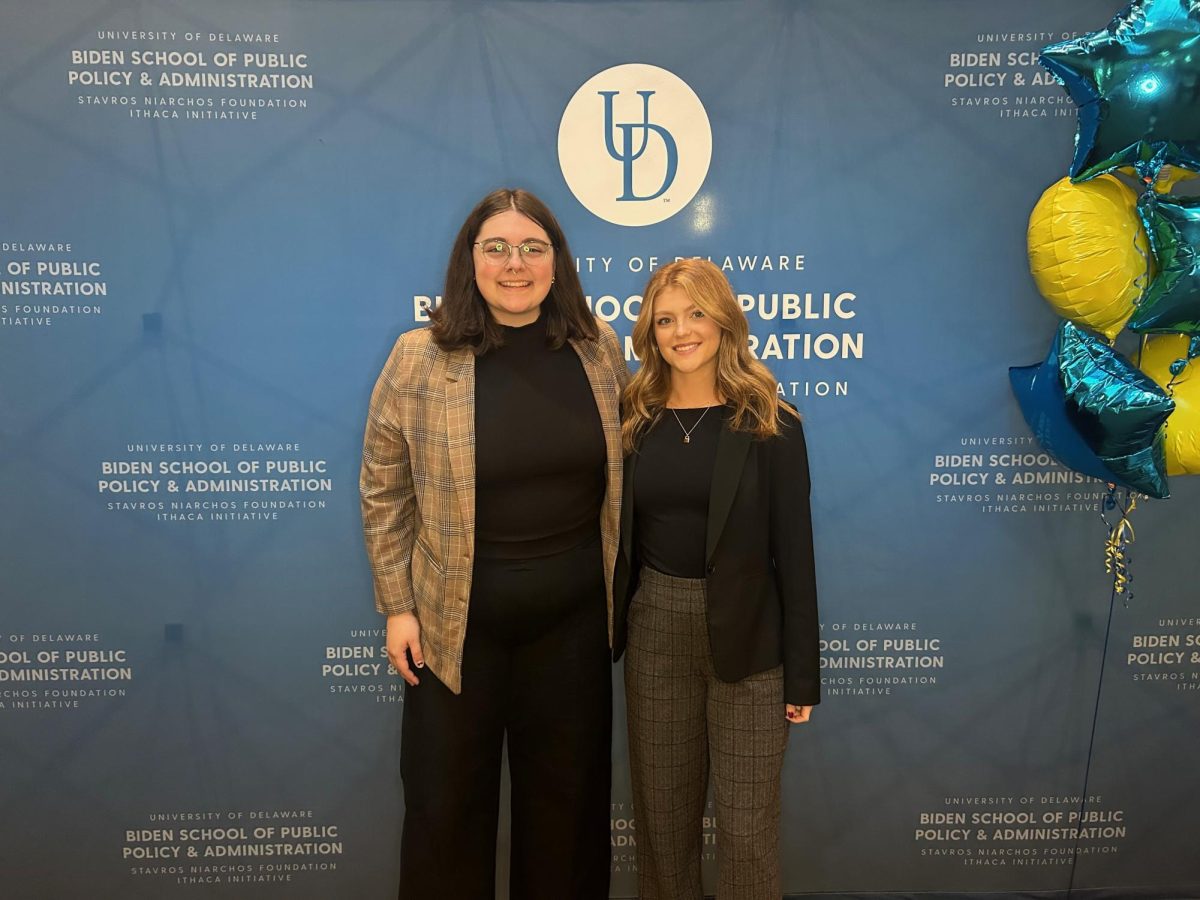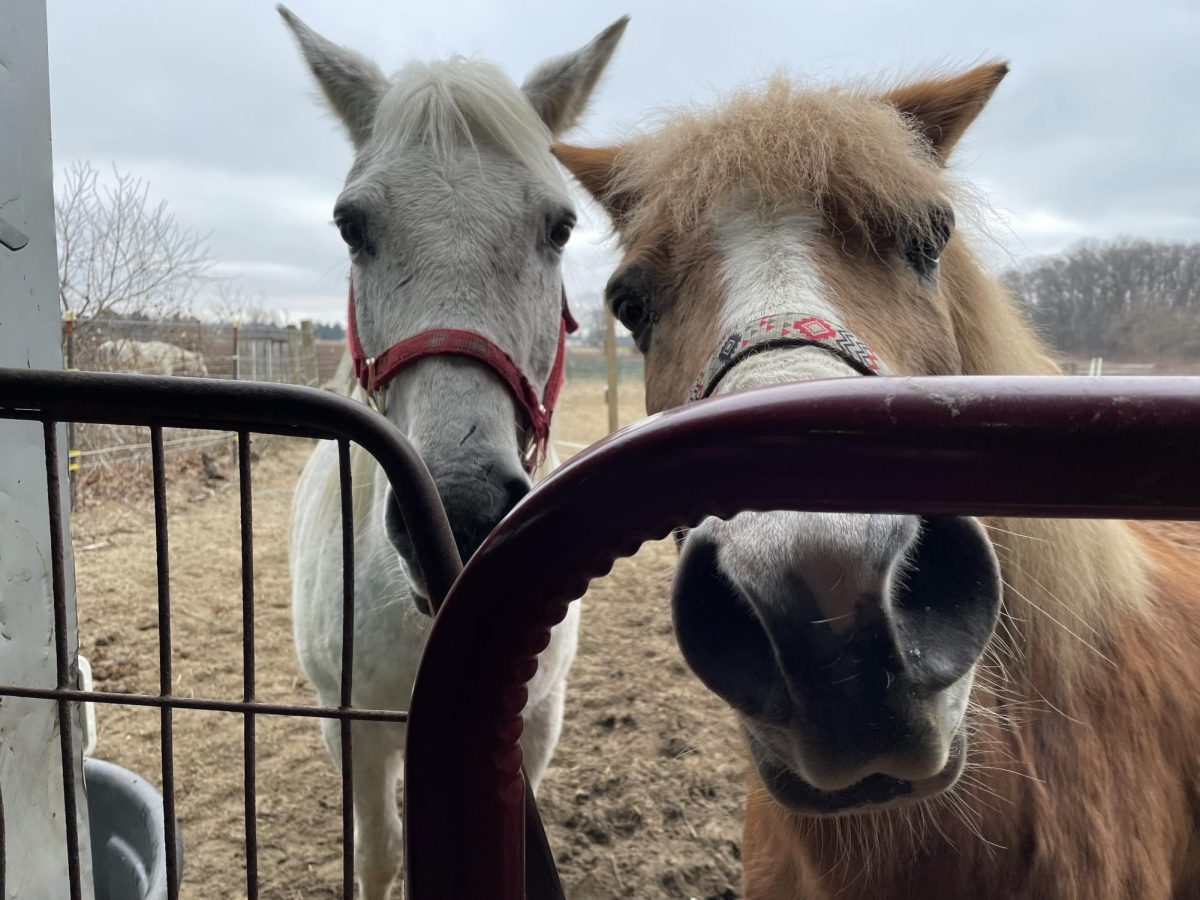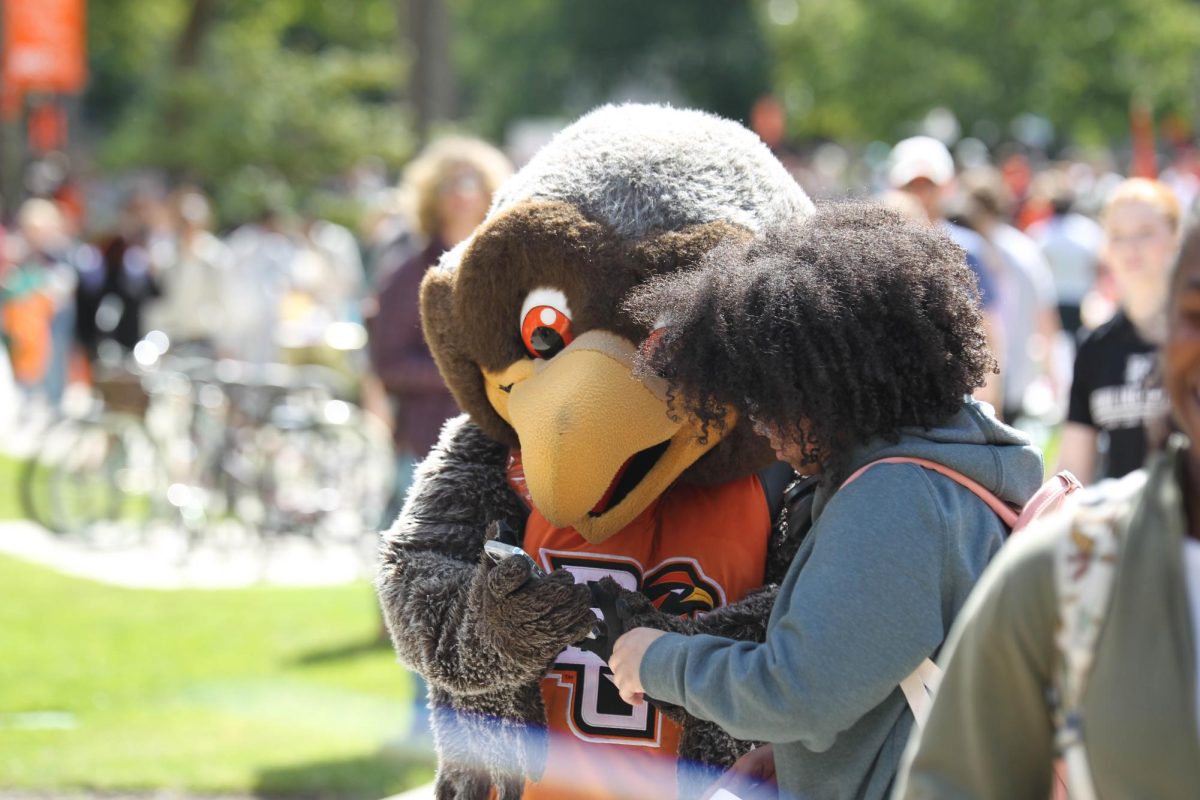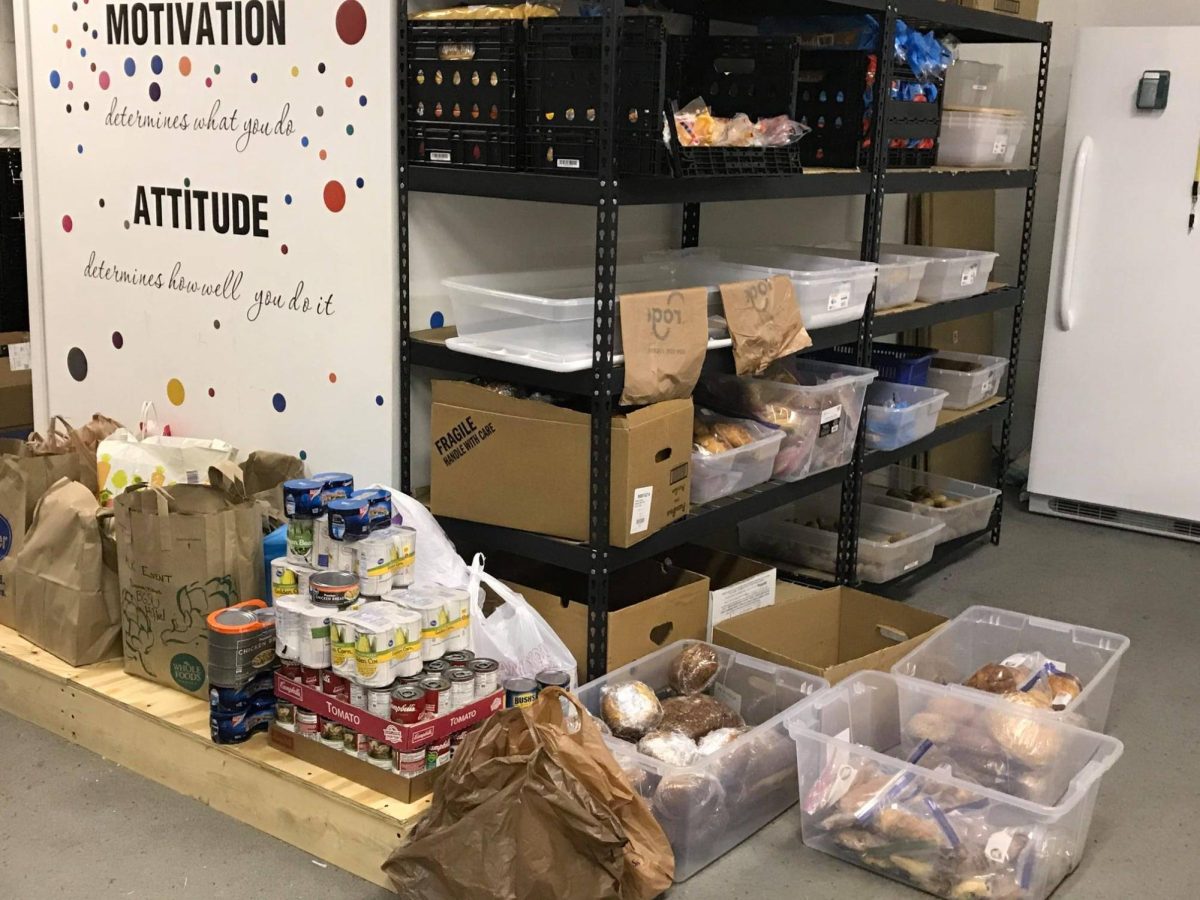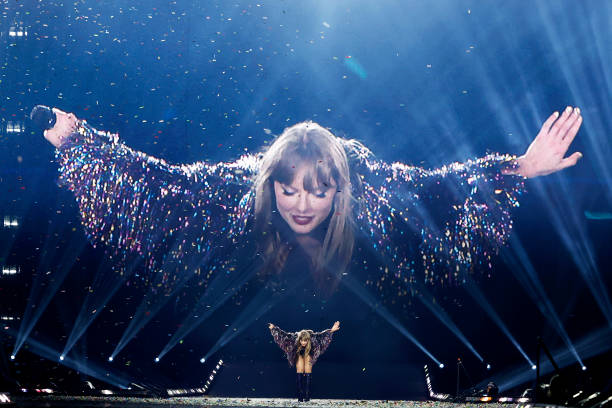2020 is a year which put a halt to the aspirations and desires I wanted to fulfill. During 2020, I barely wrote an article, had a lack of concern for the news and other joys I typically have were not as exciting.
With the catastrophic events of 2020, including the murders of Ahmaud Arbery, Breonna Taylor, George Floyd (the list continues on) and the seemingly endless protests across the world for Black lives — writing didn’t help process what was occurring in the surrounding world. The sole way I was able to process the events of 2020, including COVID-19, was to sit and process through each thought and emotion, or lack thereof. It was hard because I felt I didn’t deserve to be in my academic program since I had a lack of encouragement.
I’ve always had multiple passions, especially entering into my time here at BGSU. But the pandemic led to a pause in these passions. For 2021 — since I had a prolonged pause pursuing my passions — I set objectives where I am to be held accountable in pursuit for the year, and hopefully beyond.
And toward the end of 2020, I thought through all that I witnessed during one of the most notorious years for modern-human history, from the COVID-19 global pandemic to the mounting social tension across the U.S.
If you’re entering the new year with reservations from the last year, I highly recommend looking back on 2020. From the experiences and emotions from the year, it personally helped to reflect back and come to understand what I went through — the beautiful and ugly. Here’s what I learned from 2020:
It is okay to not be okay
I’ve struggled admitting that I am not okay to myself and others. It is hard to do, especially when processing a global pandemic while still in school and working.
During 2020, from the start of the pandemic to entering a semester that looked different than any other, it was hard to put into words that I was struggling. I suffered from harsh brain fog and fatigue, but I craved to return to my pre-pandemic self who was keen-witted and an early bird. I loved to be productive and simply do things I enjoyed. That self disappeared most days during lockdown. Some days, I laid in bed into the afternoon with no motivation except to even get out of bed. Yet, I still acted as if I was okay; I couldn’t admit that I was suffering and that I was not okay.
When it was too overbearing, the first step I took was admitting that I was not okay. And that’s an okay response. Taking this first step helped me to get into the mindset that I’d get better, and I gradually am. Is it still hard some days? Yes, we’re still in a darn pandemic and there will be days where it is hard. But, I will continue to tell myself it is okay, especially when I’m not feeling okay. If you’re stuck, I find the first step is admitting it to yourself. I think you will find relief sooner, and if not sooner, hopefully later.
It is okay to want to be alone, but it is not great to feel alone
I am wholeheartedly an introvert (unless you’ve been around me frequently, I seem like an extrovert). On the Myers-Briggs Type Indicator I am an INFJ, and on the Enneagram, I am a 6w5, if that means anything to you. They are personality tests which help to analyze a personality and think about how an individual functions.
Anywho, back to my introversion, I stick to myself and prefer to be alone. But, it does not mean I like to feel lonely. There is a difference between the want and the feeling. I do generally appreciate moments where I am able to mentally and emotionally recharge — whether that be at home, a coffee shop or going for a walk. However, I do not like feeling alone, where I escape feelings that I am alone and no one wants to bother with me, that I am a burden to my friends and no one wants to be with me. These thoughts tend to come along with anxiety and depression, prompting lots of time where I felt loneliness.
From COVID-19 and being apart from my best friends, I truly learned this lesson. In 2019, I embraced being alone and feeling lonely, but that led me to a dark place in life and horrid extremes to my mental health. From this, the spring of 2020 was my chance to reconnect and reexamine. But COVID-19 struck and the only way I could approach this was six feet apart or over virtual means. I had never regretted something more than thinking being alone and feeling lonely was best because it helped me avoid getting hurt. But, from my regret and with the shadow of COVID-19, being alone doesn’t feel good, and neither does loneliness.
Something I learned from this is that it’s not bad that I generally need time to recharge away from social interaction and be alone. But to feel lonely is not great. For a lot of my teenage and young adult years, I’ve felt quite lonely and it was never great. And from 2019, I thought it would be good to avoid getting hurt and continue to feel lonely, but that wasn’t the answer either.
2020 taught me to not take my feelings for granted and to not self-sabotage. It is okay, even if I get hurt in the process, I am never alone. Especially because I now have great people in my life, and I’m learning it’s okay to open up — it’ll hopefully help the loneliness disappear. This is something I’m still learning, to know I am not in this alone. I hate feeling lonely, and hopefully 2021 is a year where it’ll start to not loom in my life, and I just don’t sit “comfortably” in it. If you’re struggling with this, I encourage self-reflection once again. It’s so helpful and it’ll help to guide you in the next steps you may need to take to get away from something that is likely hurting you.
Cherish the present space you’re in and allow grace to be a guide
Grace is important, especially when 2020 continued to test the patience of people. As a Christian, grace is a concept in which we find from our faith in Jesus Christ, and continue to understand how He gives us grace from where we can’t give it to ourselves. Not to get into heavy Christian theology, but the term “grace” has become quite significant for me in the past year and going into this year.
Generally, I’m a person who is hard on themselves when it comes to academics and work. Like I mentioned, productivity is very important and helps to boost my mood each day. I’m a future-oriented person where I like to think ‘what’s next’ and ‘how will this affect me in the long-run,’ which becomes toxic when I start overthinking that I want to be in the future rather than making the most of where I am in the present. From the start of the pandemic to facing hopeless times from a year of social tensions, grace was something I had to drill into my heart. When life was overwhelming, grace was the only thing keeping me at bay.
Where I was lacking contentment and feeling exhausted, I learned in 2020 that I needed to cherish the time and space I was in and let grace be a guide. I had to learn how to cherish the life I was given and to cherish the current time I’m living in rather than wishing for the future to just get here already. There’s always something to learn in the present. From learning this, I was able to understand grace on a whole other level.
Throughout the year, when times were getting rough, what I did was just start to understand that the present struggle I was in was valid and it was good to process through. As I processed, remembering grace helped to remove the hold of hurt, and helped to cultivate healthier responses in the long-run. If you can remember this, grace can go a long way.
In the end, these are the few things I’ve learned. And I’m still learning and growing in these areas of my life. I’m counting on 2021 to be the year where these lessons can be cemented into my heart, and I hope for yours too.



